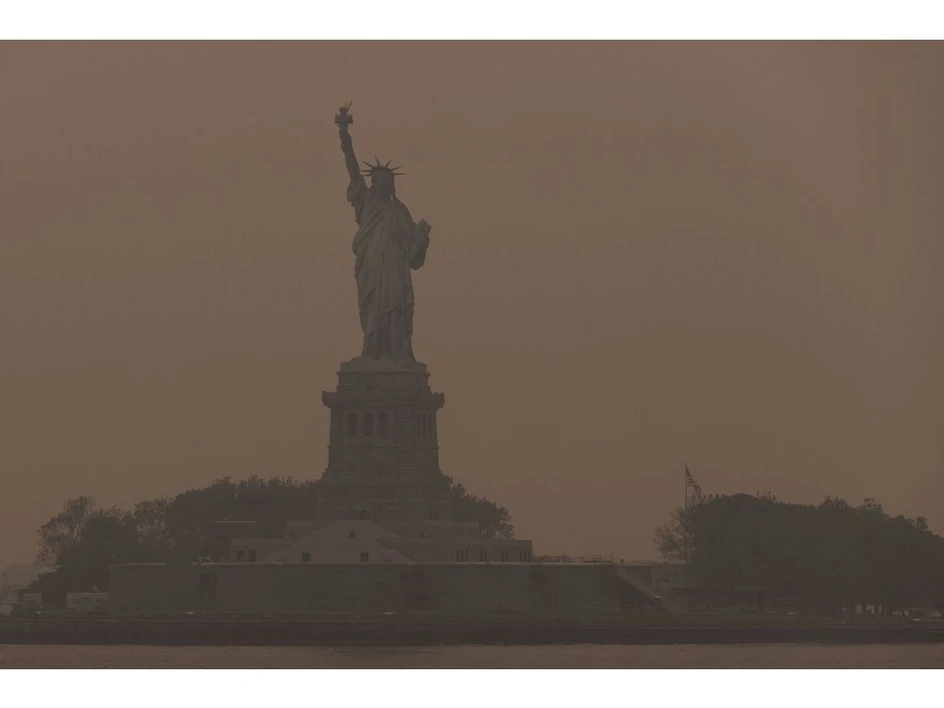Featured
article
- Get link
- X
- Other Apps
Rising Temperatures and Wildfire Smoke: A Call for Disaster Recognition
As the mercury soars and wildfire smoke blankets the skies, a coalition of environmentalists, labor unions, and public health advocates have united with a singular demand: classify extreme heat and wildfire smoke as major disasters in the United States. This plea, directed at the Federal Emergency Management Agency (FEMA), seeks to unlock critical funding and resources to bolster community resilience against these increasingly frequent and intense climate events.
The petitioners argue that the recognition of extreme heat and smoke as major disasters is overdue. They draw parallels to FEMA’s rapid response to the Covid-19 pandemic, suggesting that similar urgency is needed to combat the lethal consequences of climate change. The statistics are alarming: an estimated 2,300 Americans succumbed to heat-related illnesses in 2023, the hottest year on record. Meanwhile, smoke from Canadian wildfires has traveled as far south as Georgia, disrupting lives and livelihoods.
The groups emphasize that extreme heat acts as a “harm multiplier,” exacerbating health risks and economic burdens, particularly for disadvantaged communities. Their petition underscores the need for proactive measures, such as air filters and rooftop solar systems, to mitigate the impacts of these climate crises before they strike. As the planet warms, the call for action grows louder, urging FEMA to step up and recognize the gravity of these environmental threats.
Popular Posts
Trump's Six Words: "I'm Going to Stop the Wars"
- Get link
- X
- Other Apps
Smart Savings for a Sharp School Start: Canadian Parents’ 2025 Guide
- Get link
- X
- Other Apps




Comments
Post a Comment